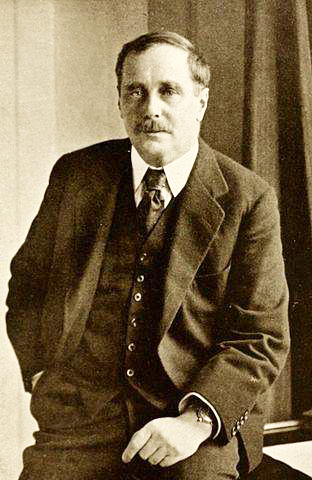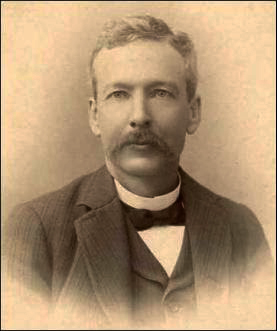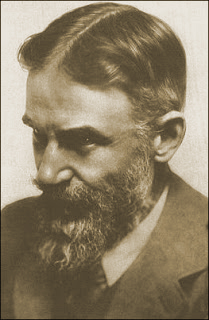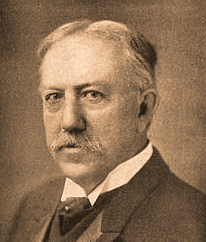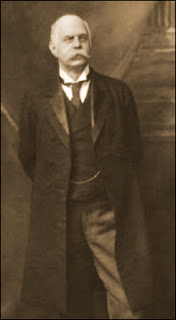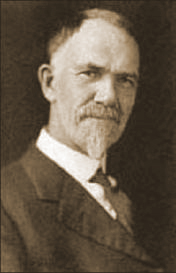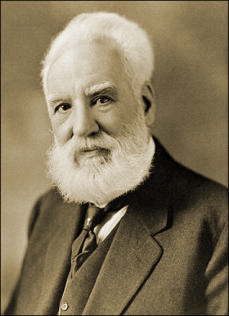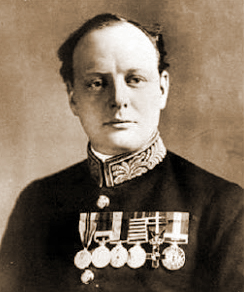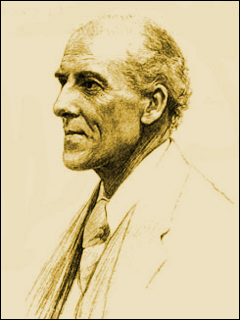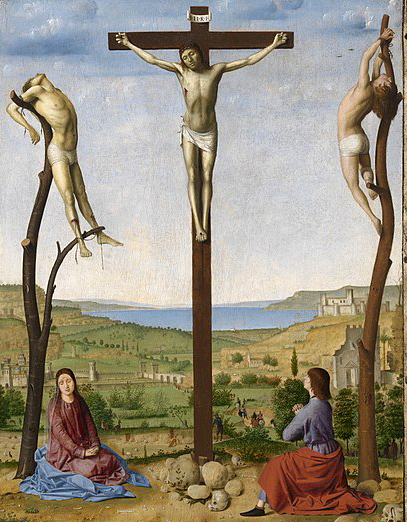by Evropa Soberana
José Ortega y Gasset (1883-1955), Spanish philosopher and writer. Perhaps because he studied in Germany, we can read ideas in the eugenic line from a philosophical point of view.
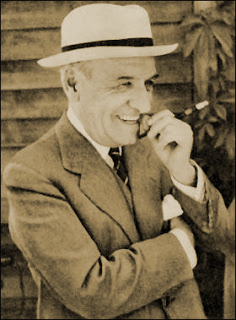 If Spain wants to resurrect, a formidable appetite of all perfections must take hold of her. The great misfortune of Spanish history has been the lack of egregious minorities and the undisturbed empire of the masses. Therefore, from now on, an imperative should govern the spirits and guide the wills: the selection imperative.
If Spain wants to resurrect, a formidable appetite of all perfections must take hold of her. The great misfortune of Spanish history has been the lack of egregious minorities and the undisturbed empire of the masses. Therefore, from now on, an imperative should govern the spirits and guide the wills: the selection imperative.
There are no other means of ethnic purification and improvement than that eternal instrument of a will operating selectively. Using it as a chisel, we have to start forging a new type of Spanish man.
Political improvements are not enough: much deeper work is needed to produce the refinement of the race (Invertebrate Spain).
Below, Conklin on the cover of Time Magazine, July 3, 1939.
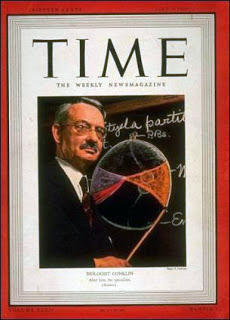 Edwin G. Conklin (1863-1952), biologist, zoologist and American professor, head of the Department of Biology at Princeton University. The quotation below has a lot to contribute in the fight against the pernicious individualism that ravages our time and that underlies, together with self-centeredness, at the bottom of most people who oppose eugenics and strong political and authoritarian regimes.
Edwin G. Conklin (1863-1952), biologist, zoologist and American professor, head of the Department of Biology at Princeton University. The quotation below has a lot to contribute in the fight against the pernicious individualism that ravages our time and that underlies, together with self-centeredness, at the bottom of most people who oppose eugenics and strong political and authoritarian regimes.
The freedom of the individual is to society what the freedom of the cell is to the human being. (The Direction of Human Evolution, 1921.)
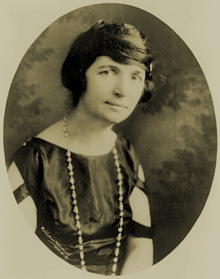 Margaret Sanger (1879-1966), American nurse and precursor of some feminist currents that I don’t find very funny. She is notable for advocating ‘birth control’ and the controversy for opening a clinic in Brooklyn, an area of New York inhabited by Jews, blacks and Italians, with the intention to diminish their birth rates. The police closed the clinic and Sanger was imprisoned for thirty days. She was a friend of Stoddard and also the girlfriend of Havelock Ellis and H. G. Wells, both pro-eugenicists.
Margaret Sanger (1879-1966), American nurse and precursor of some feminist currents that I don’t find very funny. She is notable for advocating ‘birth control’ and the controversy for opening a clinic in Brooklyn, an area of New York inhabited by Jews, blacks and Italians, with the intention to diminish their birth rates. The police closed the clinic and Sanger was imprisoned for thirty days. She was a friend of Stoddard and also the girlfriend of Havelock Ellis and H. G. Wells, both pro-eugenicists.
Sanger pointed out that one of the reasons for the high birth rate of the worst human elements is that ‘sexual control’ decreases the more it descends on the evolutionary scale, setting the example of Australian aborigines who, according to her, were the lowest human race; a step away from the chimpanzee, and the only reason they didn’t ‘get sexual satisfaction in the streets’ was because of police repression.
Sanger’s problem was that she saw badly the high birth-rate in general and also large families, when precisely what the First World needs is an overflowing birth, while the Third World must reduce their birth rate greatly, with the aim of favouring a constructive colonisation of areas that are now Third World because they are inhabited by inept races.
 Lothrop Stoddard (1883-1950), political scientist, journalist, historian and American anthropologist. Lothrop was a friend of at least two American presidents, and he had a great influence along with his colleague Madison Grant in laying the foundations of immigration policy and in defining the need for white supremacy. Anti-communist, he wrote key racial books like The Rising Tide of Color Against White World Supremacy, his most known book; The Revolt Against Civilization: The Menace of the Under Man, and the pamphlet ‘A Gallery of Jewish Types’.
Lothrop Stoddard (1883-1950), political scientist, journalist, historian and American anthropologist. Lothrop was a friend of at least two American presidents, and he had a great influence along with his colleague Madison Grant in laying the foundations of immigration policy and in defining the need for white supremacy. Anti-communist, he wrote key racial books like The Rising Tide of Color Against White World Supremacy, his most known book; The Revolt Against Civilization: The Menace of the Under Man, and the pamphlet ‘A Gallery of Jewish Types’.
From a neutral point of view, he testified about a few months stay in the Third Reich in his book Into the Darkness: Nazi Germany Today, in which his admiration is manifest for the German people and the eugenic policies that were carried out in Germany. Until the end, he maintained that the greatest danger to civilisation was neither the ‘reds’ nor the ‘Germans’ but the dark races.
The glitter of civilization has so blinded us to the inner truth of things that we have long believed that, as a civilization progressed, the quality of the human stock concerned in building it progressed too. In other words, we have imagined that we saw an improving race, whereas all we actually saw was a race expressing itself under improving conditions.
A dangerous delusion, this! Especially for us, whose civilization is the most complex the world has ever seen, and whose burden is, therefore, the heaviest ever borne. If past civilizations have crushed men beneath the load, what may happen to our civilization, and ourselves? (The Revolt Against Civilization, chapter I.)
These two phases of race betterment clearly require totally different methods. The multiplication of superiors is a process of race building; the elimination of inferiors is a process of race cleansing. These processes are termed “Positive” and “Negative” eugenics, respectively. (The Revolt Against Civilization, chapter 8, ‘Neo-Aristocracy’.)
Racial impoverishment is the plague of civilization. This insidious disease, with its twin symptoms the extirpation of superior strains and the multiplication of inferiors, has ravaged humanity like a consuming fire, reducing the proudest societies to charred and squalid ruin. (The Revolt Against Civilization, chapter 3, ‘The Nemesis of the Inferior’.)
______ 卐 ______
Editor’s Note: In my hatnote on the first entry of this series, about a few words from the prologue of Evropa Soberana I wrote: ‘These words are key to understanding what I have been calling “the extermination of the Neanderthals”, and I hope that the abridged translation of this long essay, published six years ago in Spanish and that I will be translating this month, sheds light on the subject’.
The same can be said of the above Stoddard quote and the Laughlin quote below. The only difference is that I use more inflammatory language than that of Soberana, Laughlin or Stoddard because I believe that, in the darkest hour of the West, our language must be like fire.
It is almost seventy years since Stoddard passed away and, although his books now seem the work of a Cassandra, in 1950 it did not seem that the white race was heading for sunset.
______ 卐 ______
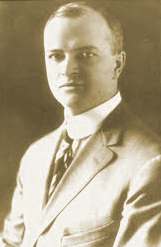 Harry H. Laughlin (1880-1943) had different priorities for European immigration. He prioritised the Germanic peoples: ‘Teutons’ (North Germans), Anglo-Saxons, Scandinavians and Dutch. At the bottom, the Chinese. Hitler was inspired by his eugenic laws to elaborate on the ‘racial hygiene’ of the Reich.
Harry H. Laughlin (1880-1943) had different priorities for European immigration. He prioritised the Germanic peoples: ‘Teutons’ (North Germans), Anglo-Saxons, Scandinavians and Dutch. At the bottom, the Chinese. Hitler was inspired by his eugenic laws to elaborate on the ‘racial hygiene’ of the Reich.
In his time Laughlin advocated the need to sterilise ten percent of all American society, those considered of lower biological quality. He became president of the Pioneer Fund, a group established in 1937 to finance research projects in matters of race, genetics and eugenics.
The sum of human freedom and human happiness will be greatly promoted, in the long run, by eugenical processes which call for the elimination of degenerate and handicapped strains, from the racial stocks, and the increase of numbers of citizens highly endowed by nature with splendid mental, physical and moral qualities. The state, then, must exercise its undoubted right and duty to control human reproduction along the lines of race betterment, and so doing is fully justified in putting into effect such measures as, in keeping with the Bill of Rights and human principles, will bring about the desired ends. (Eugenical Sterilization in the United States, 1922, p. 339.)
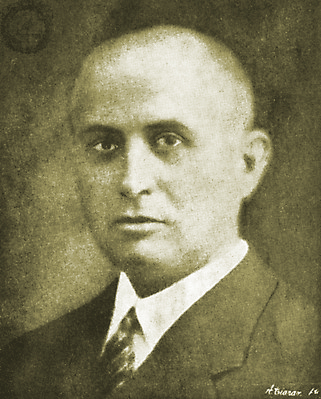 Misael Bañuelos (1887-1954), a Spanish doctor, gynaecologist and a Nordicist who drew attention about a certain Asian and African influence in the Iberian Peninsula. He was also a professor in the Faculty of Medicine of the University of Valladolid.
Misael Bañuelos (1887-1954), a Spanish doctor, gynaecologist and a Nordicist who drew attention about a certain Asian and African influence in the Iberian Peninsula. He was also a professor in the Faculty of Medicine of the University of Valladolid.
Influenced by eugenicists and American and German Nordicists, as well as the racial authors (Gobineau, De Lapouge, Chamberlain, Grant, Günther, Rosenberg), he thought that the salvation of the West consisted of taking care of the race; that only the nationalist governments were in a position to carry out such a task and that, among them, the Government of Nazi Germany ‘is the only one that has understood, in all its transcendence, the value of blood and the race’. In pre-war Spain, Bañuelos was one of the men who unconditionally admired Hitler.
When linking by marriage, the family must always take into account the value of a new relative belonging to a racial group of superior selection, that s/he may be a beautiful specimen of their race and also well endowed intellectually and morally. That is worth more than thousands of pesetas that families usually grant when it comes to linking by marriage. (Antropología de los Españoles, pages 133-34.)
Below, original plates of Darwin and Mendel from Volume 1, Issue 1 of the American Breeders Magazine, 1910.
 The American Genetic Association, formerly the American Breeders’ Association, founded in 1903, was active in eugenic research, in the promulgation of certain laws and the regulation of American immigration. This committee was responsible for letting large numbers of individuals of Germanic descent into the country [1]. The Association included, among its ranks, men as prominent as Charles Davenport, David S. Jordan, Alexander Graham Bell, Edward L. Thorndike, Henry H. Goddard, Walter E. Fernald, and the founders of the Immigration Restriction League Robert DeCourcy Ward and Prescott F. Hall.
The American Genetic Association, formerly the American Breeders’ Association, founded in 1903, was active in eugenic research, in the promulgation of certain laws and the regulation of American immigration. This committee was responsible for letting large numbers of individuals of Germanic descent into the country [1]. The Association included, among its ranks, men as prominent as Charles Davenport, David S. Jordan, Alexander Graham Bell, Edward L. Thorndike, Henry H. Goddard, Walter E. Fernald, and the founders of the Immigration Restriction League Robert DeCourcy Ward and Prescott F. Hall.
The time is ripe for a strong public movement to stem the tide of threatened racial degeneracy… America needs to protect herself against indiscriminate immigration, criminal degenerates, and… race suicide. (1910 Committee of Eugenics letter sent to prominent citizens requesting support and militancy. The letter also warned about the ‘destruction of the white race’ if it did not follow a preservation policy.)
__________
[1] Understandably, the American immigration policy was once praised by Adolf Hitler himself, who saw America as a Germanic stronghold, and its measures as the precursors of racial hygiene of the Third Reich.










